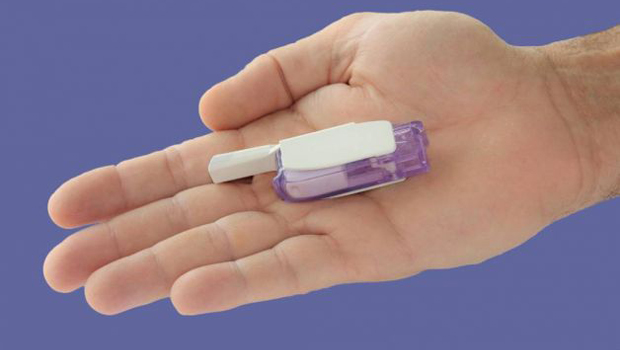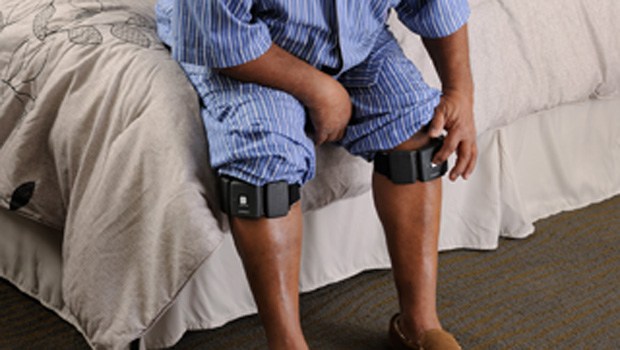Inhaled Insulin Helps Poorly Controlled Diabetes

There’s been a great deal of interest around the development of Afrezza, an inhalable insulin medication. Trial studies showed that Afrezza could be safely used as a short-acting insulin in place of needles. The only concern was that using the drug did show a tendency to impede lung function slightly, and Afrezza is not recommended for those with asthma or chronic obstructive pulmonary disease.
Now that Afrezza is available for sale in the U.S., researchers have been eager to see how it will work long-term in a real-world setting. A new study provides good data showing that Afrezza can provide effective short-acting insulin for some with poorly controlled Type 2 diabetes. The study found that patients with Type 2 who used Afrezza were able to decrease their A1C count and maintain better blood sugar control, according to a Healio report.
The study analyzed a year’s worth of data from about 350 adults with diabetes who had high A1C scores between 7.5 and 10.0. The patients, who were located in Brazil, Russia, Ukraine, and the U.S., were given Afrezza or a placebo over a 24-week period. In the first half of this period, dose amounts were altered for each patient depending on glucose readings, and then remained the same for the second half. Study participants who were given Afrezza had an average A1c decrease of 0.8% and minimal weight gain compared to the group that was given the placebo, which showed a 0.4% decrease (the placebo effect strikes again).
The researchers, led by Dr. Julio Rosenstock of the Dallas Diabetes and Endocrine Center, were pleased with the results of the study, saying that inhalable insulin could be a viable option for patients who need to be introduced to insulin therapy but who are reluctant to injections.
It should be made clear that the researchers weren’t comparing Afrezza to injectable insulin, but instead comparing Afrezza to no insulin therapy. In other words, Afrezza did the job it was supposed to do – act like injectable insulin in bringing blood sugar levels down. One can hope that we’ll see more head-to-head studies between Afrezza and injectable short-acting insulin in the future.
Want more news on Type 2 diabetes? Subscribe to our newsletter here.




